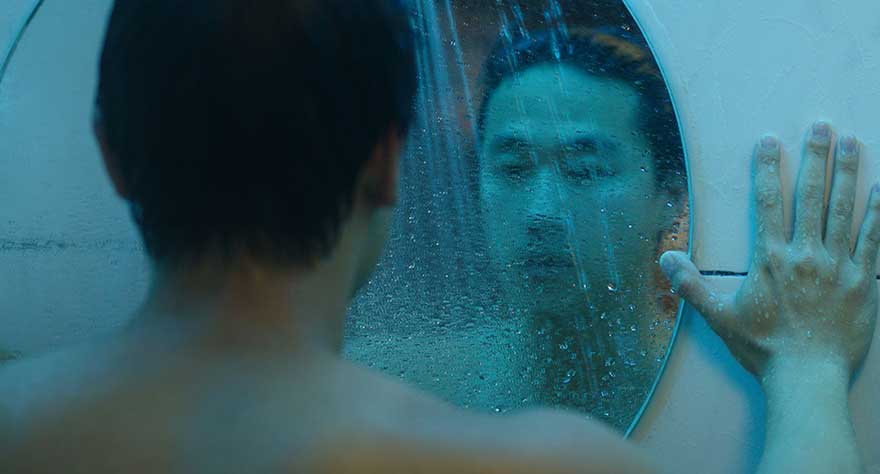Spa Night (Sundance Review)

It shouldn’t come as a surprise that, given the word “diversity” dominating recent conversations around the film industry, a festival like Sundance can act an alternative to the homogeneity of the mainstream. By its very nature, independent filmmaking provides more diverse, unique and personal stories, and it’s only upon seeing these kinds of films that one can get a true sense of the importance of opening up to new perspectives. Andrew Ahn’s Spa Night, screening in Sundance’s Official U.S. Dramatic Competition, is a perfect example, a coming-of-age tale that’s refreshing just for the fact that it shines a light on an area of society that’s rarely put on film.
Taking place in Koreatown in Los Angeles, Spa Night follows David (Joe Seo), the son of Korean immigrants Soyoung (Haerry Kim) and Jin (Youn Ho Cho). David’s parents own a restaurant, and he’s been happy to forego attending college in order to help his family’s business. But once the restaurant shuts down, things change significantly for David and his family: Soyoung starts working as a waitress at a restaurant owned by one of her friends at church, Jin turns to drinking in order to cope with his inability to find work, and David starts becoming aware of his attraction towards men. Pushed by his parents to retake his SATs so he can go to college, David decides to find a job instead, working at a Korean spa that doubles as a site for discreet gay hook-ups. The spa serves as a heightened middle ground for David, providing an opportunity to explore his sexual identity while not straying too far from his own cultural comfort zone.
The film’s specificity, combined with Ahn’s sensitivity towards his own characters, go a long way to establishing Spa Night’s unique placement among US cinema, but those factors don’t change how inert the movie feels on an emotional level. David represses his homosexuality due to his religious upbringing and parents’ conservatism (when he asks how they’d feel about him dating a white woman, they stare at him with stunned, disapproving silence), which Ahn reflects through his rigid and detached form, making it hard to invest in David’s internal struggles. Beyond his attraction to men, it’s hard to pin down what exactly David might be feeling about his situation, shutting off any possibility of engaging with David’s story on a character level.
The same can’t be said for David’s parents, whose attempts to recover from losing their business help fill in the film’s emotional gaps. Haerry Kim and Youn Ho Cho both give great performances as David’s parents, but it’s Kim as Soyoung who steals the film from her co-stars. As her character transitions into the family breadwinner after the restaurant’s closure, Kim makes every aspect of Soyoung’s painful adjustment felt. The success of this subplot only makes Ahn’s issues with making David’s storyline resonate all the more frustrating.
